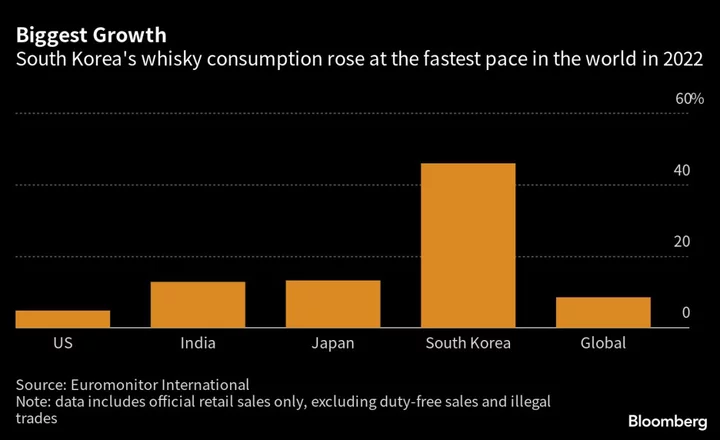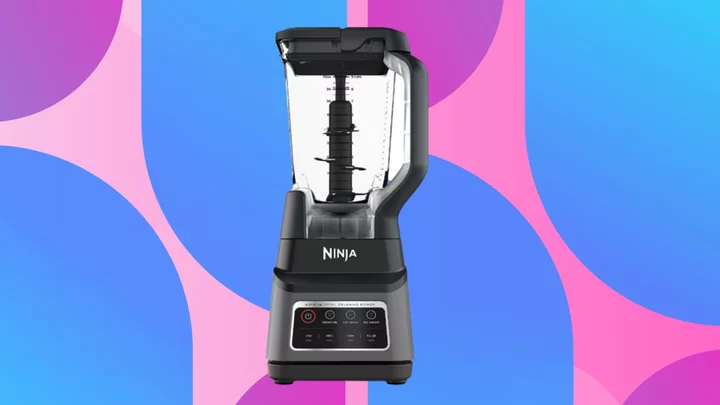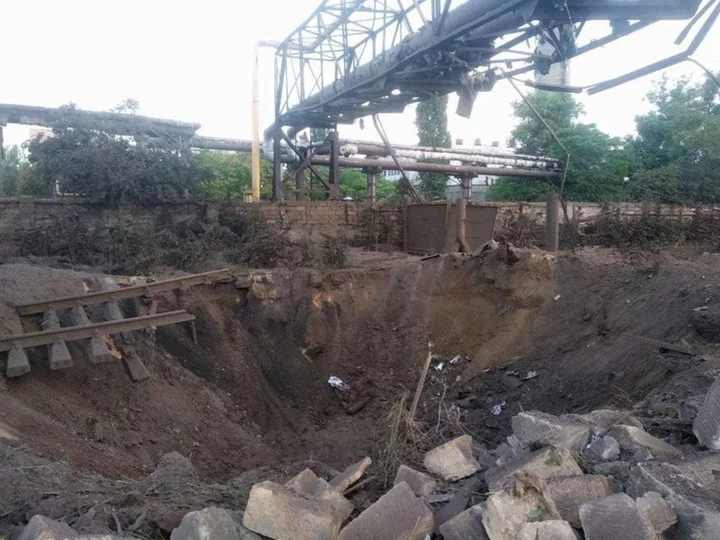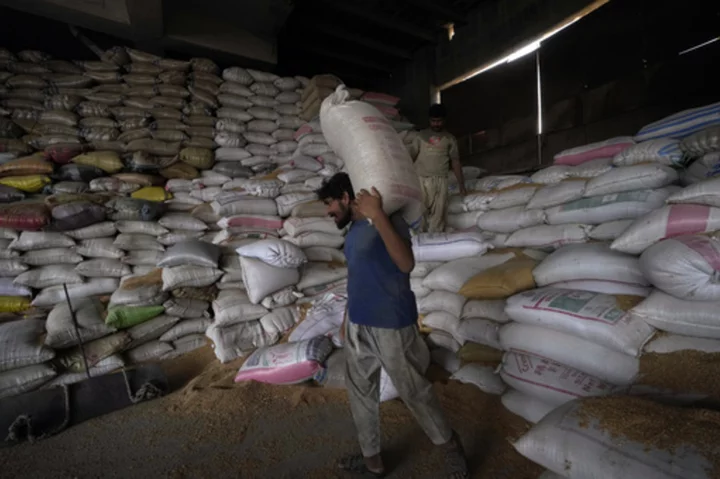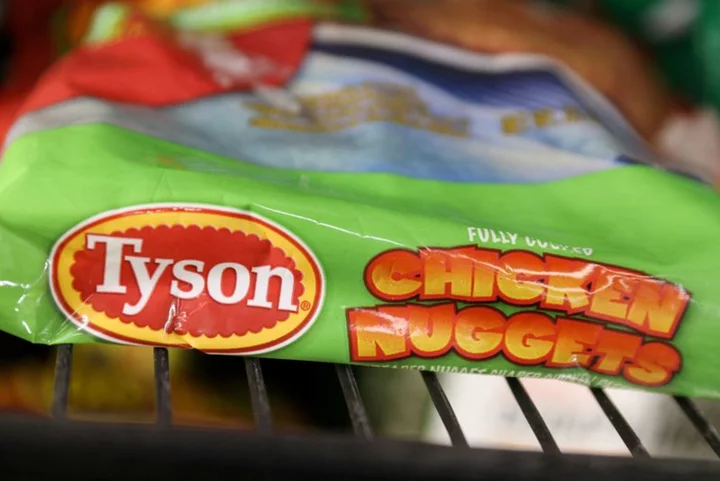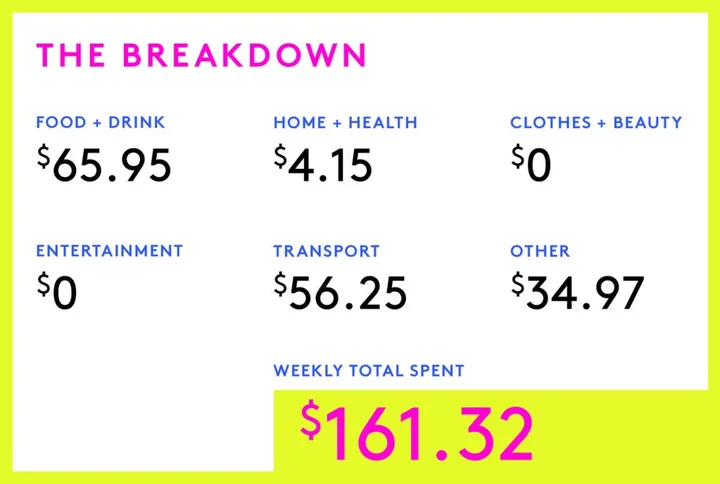For Choi Gyu-Won, a 29-year-old Korean in a small village in South Gyeongsang, drinking whisky at home is a way to experience the good life on a budget.
“After tasting highballs at a bar, I decided to make them myself,” Choi said. He makes his own cocktail of soda, ice and whisky with Jack Daniel’s or Suntory Kakubin, which sells for about $35 a bottle in South Korea including taxes. While that’s still cheaper than going out for drinks, it’s far pricier than Korea’s more common soju that sells for about $2 a bottle.
The higher price tag is worth it, according to Choi and many of his peers. South Koreans consumed 14.2 million liters of whisky in 2022, a small amount compared with other nations, but up 46% from 2021, according to Euromonitor International, a London-based researcher. The pace was the fastest in the world, the researcher said.
“Millennials and Gen-Z consumers tend to reject the alcohol culture centered around excessive drinking in late-night gatherings and seek new ways to enjoy alcohol,” said Sunny Moon, research manager at Euromonitor. “With the prolonged spread of Covid-19, the concept of indulging in small luxuries with a small amount of money has risen.”
Read more: Millennials Drive Korea’s Whisky Craze With Record Imports Jump
The boom in whisky adds to Korea’s rising spending on luxury goods, which made the Asian country the world’s biggest luxury spender per capita in 2022, according to Morgan Stanley. Luxury brands like LVMH’s Louis Vuitton and Gucci held runway shows in Seoul this year, and Ferrari chose the capital to hold its first public event in Asia.
Single-Malt Luxury
LVMH is also seeking to cash in on Koreans’ newfound love of whisky. For the first time in June, its single-malt brand Ardbeg held “Ardbeg Day” in Seoul, an invitation-only whisky tasting at a venue set up to look like a Scottish distillery. Another distiller, Scotch whisky maker Balvenie, opened its second bar in Seoul this year — following the first in glitzy Gangnam alongside a Michelin-starred restaurant.
Read more: The World’s Biggest Luxury Spenders Are Label-Loving Koreans
Pricey brands and rare bottles have become as much of a status marker as a new luxury handbag or shoes, especially on social media. While selling alcohol among individuals is illegal, some online communities have become marketplaces for empty whisky bottles. One coveted piece of home decor, an empty Royal Salute blended scotch whisky bottle, recently sold for 78,000 won, or about $60.
“People in their 30s are on Instagram a lot, and they want to flex,” said Bryan Do, the founder of Three Societies Distillery just outside Seoul, the country’s first single-malt maker. “Like, ‘I’m drinking this single-malt whisky or this 18-year whisky.’ You can’t do that with soju and other local drinks.”
Do said he’s focused on exports to avoid the high domestic taxes on his products. Major Korean retailers Lotte and Shinsegae are also planning to build distilleries to take advantage of an ideal climate for making whisky, particularly single malts.
“South Korea has potential to be a whisky nation,” said Dawn Davies, head of buying at The Whisky Exchange, one of the world’s largest specialty online retailers.
The Whisky Exchange’s website orders from South Korea have surged 91% in the past five years, compared with just 15% for the rest of Asia, according to Davies. Koreans prefer single-malts, or those made at a single distillery using one malted grain, such as Scotland’s Springbank, she said.
72% Liquor Tax
Taxes, however, are a major obstacle to continued market growth. Imported spirits can face a markup of more than 130% on top of their sales price — 20% customs tax, 72% liquor tax, 30% education tax and 10% value-added tax. Domestic liquor doesn’t fare much better, but the low price of soju — often cheaper than a bottle of water — gives it an advantage.
In contrast, beer and takju — an herbal traditional wine — are taxed based on their percentage of alcohol content by volume. In 2022, the European Chamber of Commerce in Korea recommended that the Korean government expand volume-based taxation for other liquors as the demand for premium alcohol rises in Korea, according to a white paper. Korea has taxed beers this way since 2020 and that improved competitiveness of local beer makers, the paper said.
But taxing liquor using the same model has proven difficult because it would raise the price of soju — Korea’s national drink ubiquitous at restaurants and food stalls — that typically contains at least 13% alcohol. Politicians are wary of public protests if they move to volume taxation, similar to when they raised taxes on cigarettes in 2015, said Kim Woo-Chul, a taxation professor at the University of Seoul.
“If the purpose of the liquor tax is to protect the health of the public, the authorities should tax it based on alcohol content, not the value of the liquor,” Kim said. The low price of soju “is causing Korean citizens to consume it excessively and potentially become alcoholic.”
Korea’s 72% liquor tax is much higher than OECD member countries, which average about 20%, according to Kim. To evade the additional costs, some consumers have resorted to extreme measures. Incheon International Airport’s tax authorities recently asked prosecutors to investigate three travelers, alleging they imported whisky with falsified tariff documents.
For law-abiding residents, highly taxed whisky remains a luxury, even if its most prominent distribution channel is a decidedly non-luxurious location: 7-Eleven convenience stores. When 7-Eleven held an event dubbed “Whisky Run” in Seoul in May for the release of 2,000 bottles of limited supply whisky, including Yamazaki 12-year-old and GlenAllachie 10-year-old Batch 9, customers waited in lengthy lines.
Choi, the whisky aficionado turned home bartender, hopes such spirits become more attainable, similar to soju and beer.
“We want more reasonable prices for whisky,” he said. “It’s still expensive for entry-level workers and university students to enjoy in Korea.”
--With assistance from Myungshin Cho.

